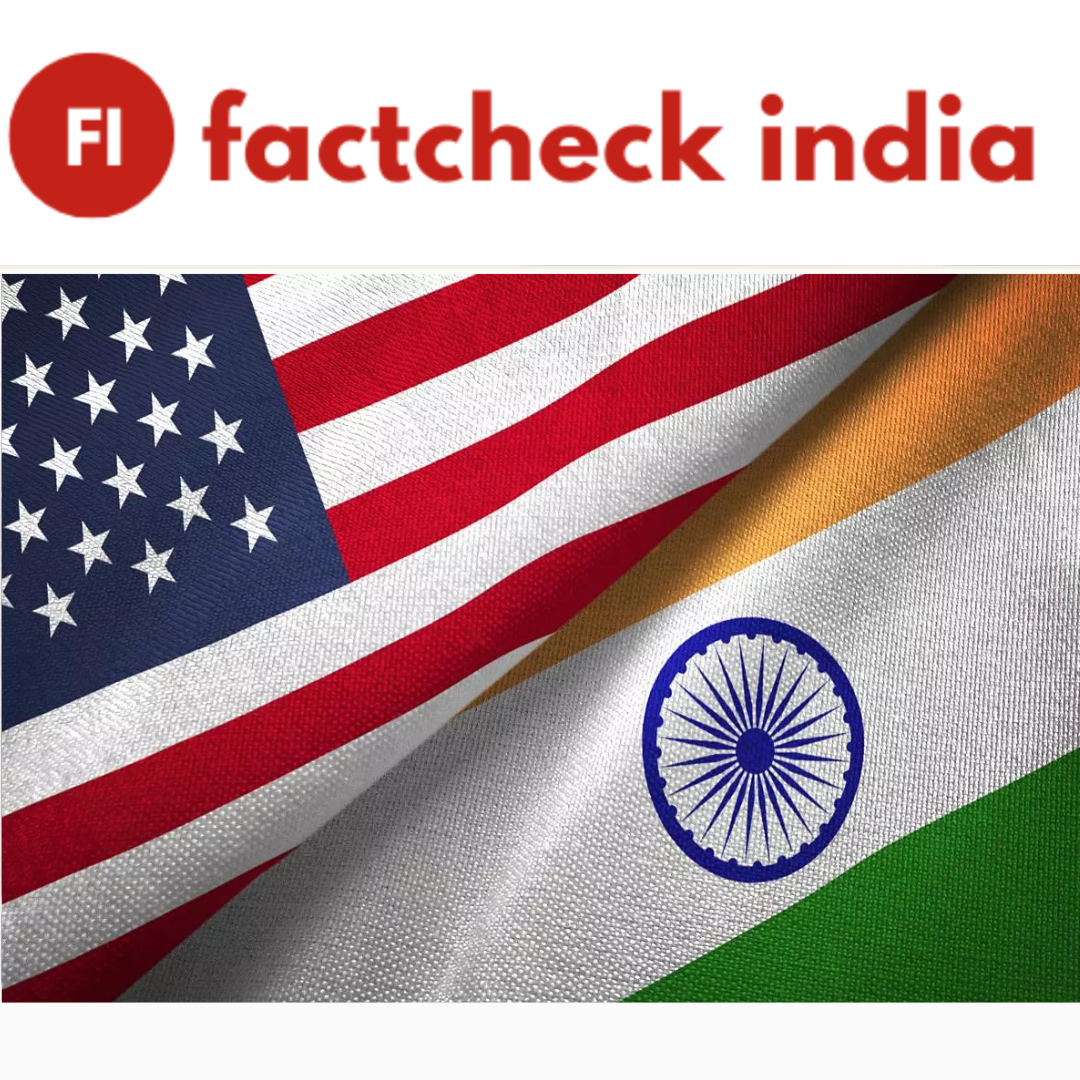🇮🇳 What’s the Update?
India has once again been placed on the U.S. Trade Representative’s (USTR) Priority Watch List in the 2025 Special 301 Report, released on April 29. The annual report flags countries that fail to adequately protect and enforce intellectual property (IP) rights.
Why Is India on the List Again?
According to the USTR, India remains “one of the world’s most challenging major economies” in terms of IP protection. The report highlights:
- Patent Delays: Long backlogs and inconsistent interpretation of India’s Patents Act.
- Weak IP Enforcement: Lack of coordination in law enforcement and poor investigative tools.
- High Customs Duties: On IP-intensive goods like electronics and pharmaceuticals.
- Pharma Concerns: Inadequate data protection for new drugs.
- Rampant Piracy: Online copyright infringement remains widespread.
- Trademark Issues: Counterfeiting and procedural delays in trademark oppositions.
Who Else Is on the Priority Watch List?
The 2025 Priority Watch List includes 8 countries:
- India
- China
- Mexico (new addition)
- Argentina
- Chile
- Indonesia
- Russia
- Venezuela
Mexico was upgraded to the priority category over unresolved issues despite its commitments under USMCA.
🇺🇸 What Does the U.S. Say?
“Our trading partners must stop those stealing the intellectual property of hard-working businesses and individuals,” said U.S. Trade Representative Jamieson Greer.
This report gives Washington a formal basis to pursue trade enforcement actions against violators—especially relevant during ongoing tariff negotiations under President Donald Trump.
What’s the Bigger Picture?
- India’s IP regime remains a long-standing trade irritant for the U.S.
- Despite this, bilateral engagement between the two countries continues, especially around digital trade and pharmaceuticals.
- The list may influence the U.S.’s future trade decisions and tariff applications.
Who Was Removed?
- Turkmenistan was taken off the watch list due to improved IP conditions.
- The regular Watch List still includes 18 countries like Brazil, Vietnam, Canada, Pakistan, and Turkey.

